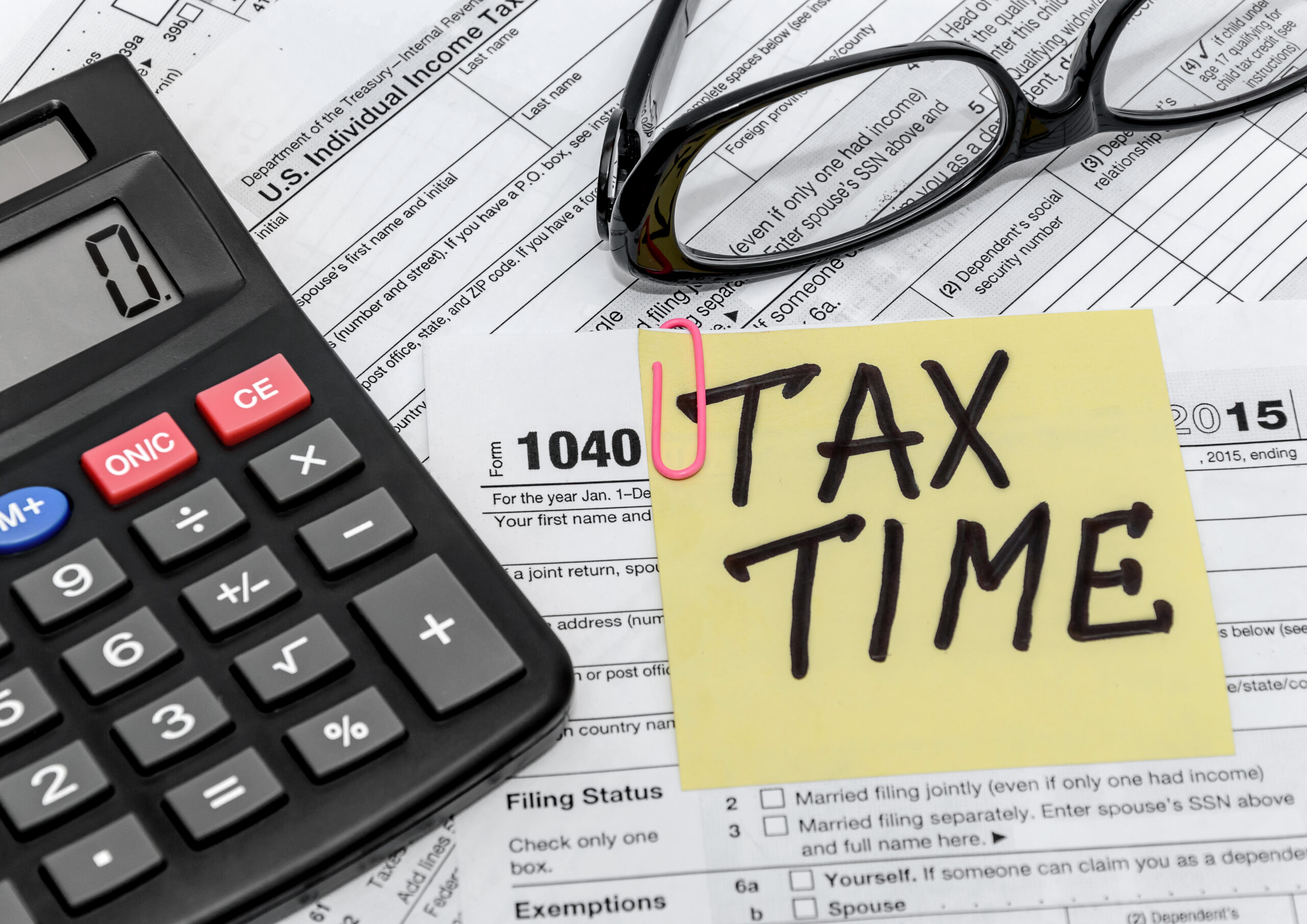Payroll Tax vs Income Tax: How Business Owners Accidentally Overpay (and How to Fix It)
As a business owner in Hartford, WI, understanding the difference between payroll tax vs income tax is crucial to maximizing your tax savings and avoiding costly mistakes. I see many small business owners unknowingly overpaying because they don’t fully grasp how these taxes work. My goal at Curler Accounting & Tax Services, LLC is to help you understand your obligations, minimize liabilities, and keep more of your hard-earned money. Let’s break it down so you can make smarter financial decisions for your business.
Understanding Payroll Tax vs Income Tax
While payroll tax and income tax may seem similar, they serve different purposes and are calculated differently.
- Payroll Tax: This is a tax that employers and employees pay on wages and salaries. It includes Social Security, Medicare (FICA), and unemployment taxes. Employers must withhold payroll taxes from employees’ paychecks and also contribute their share. Failing to withhold and remit payroll taxes can lead to severe penalties and financial consequences.
- Income Tax: This is a tax on earnings, including wages, self-employment income, and business profits. Income tax is paid by individuals and businesses based on their taxable income. Unlike payroll tax, income tax is based on net earnings after deductions and credits.
If you’re a business owner handling payroll, you’re responsible for withholding payroll taxes from employees and paying them to the IRS. You also need to pay income taxes on your own earnings, whether as a sole proprietor, LLC owner, or S-Corp shareholder. Understanding the difference between payroll and income taxes can help you avoid costly mistakes and optimize your tax obligations.
Common Payroll Tax Mistakes That Cost Business Owners Thousands
Many business owners in Hartford, WI unknowingly overpay taxes or face IRS penalties because of payroll tax mismanagement. Here are some common errors to avoid:
1. Misclassifying Workers
- Hiring independent contractors instead of employees can be cost-effective, but misclassification can lead to penalties. If the IRS determines that a contractor should be classified as an employee, you could owe back payroll taxes and fines. Regularly reviewing worker classifications ensures compliance and prevents future liabilities.
2. Failing to Deposit Payroll Taxes on Time
- The IRS requires businesses to deposit payroll taxes regularly. Late deposits result in steep penalties and interest charges. I recommend setting up automated payments or working with a tax professional to ensure compliance. Business owners should also monitor payroll schedules closely to avoid cash flow issues.
3. Incorrectly Calculating Payroll Deductions
- Payroll deductions include FICA, unemployment taxes, and state-specific deductions. Errors in withholding too much or too little can lead to cash flow issues and compliance problems. Having a structured payroll process and using automated payroll software can reduce errors.
4. Mixing Personal and Business Accounts
- Keeping payroll funds separate from personal accounts is essential for accurate record-keeping and compliance. A dedicated payroll account can help you manage cash flow and ensure tax obligations are met. Separating funds also simplifies year-end tax preparation and auditing.
5. Neglecting Year-End Payroll Reporting
- Employers must file W-2s and 1099s correctly and on time. Errors in year-end reporting can result in fines and additional administrative burdens. Business owners should prepare payroll reports throughout the year to avoid last-minute errors.
If you’re making any of these mistakes, you’re not alone. I help business owners every day correct payroll tax issues and implement better systems to avoid IRS penalties. By having a proactive approach to payroll management, you can reduce risks and improve tax savings.

How to Avoid Payroll Tax Overpayments and Maximize Small Business Tax Savings
Now that we’ve identified common payroll tax mistakes, let’s look at how you can optimize your tax strategy to reduce overpayments.
1. Ensure Proper Employee Classification
- Review IRS guidelines to determine whether a worker should be classified as an employee or contractor. If you’re unsure, I can help analyze your workforce and ensure compliance. Proper classification reduces unnecessary tax expenses.
2. Take Advantage of Payroll Deductions
- Business owners can deduct payroll expenses, including salaries, bonuses, health insurance, and retirement plan contributions. Properly tracking these deductions can reduce taxable income and lower overall tax liability. Implementing a structured bookkeeping process ensures all deductions are accounted for.
3. Utilize an S-Corp Tax Strategy
- If you operate as an LLC or sole proprietorship, consider electing S-Corp status. This allows you to pay yourself a reasonable salary while taking additional profits as distributions, which are not subject to payroll taxes. This tax structure can significantly reduce overall tax obligations.
4. Use Payroll Software or a Professional Accountant
- Manual payroll calculations increase the risk of errors. I recommend using payroll software or working with an accountant to ensure accurate tax withholdings and timely deposits. Professional payroll services can also help with compliance and year-end reporting.
5. Implement a Year-Round Tax Strategy
- Don’t wait until tax season to think about your payroll tax obligations. I work with my clients year-round to plan for taxes strategically, minimizing liabilities and optimizing cash flow. Having a long-term tax strategy ensures ongoing compliance and better financial health.
IRS Penalties for Payroll Tax Errors – Why Compliance Matters
The IRS takes payroll tax compliance seriously. Failure to properly withhold and remit payroll taxes can result in severe penalties, including:
- Failure to File Penalty – Up to 5% per month of unpaid payroll taxes.
- Failure to Deposit Penalty – Ranges from 2% to 15% of unpaid taxes depending on how late the deposit is.
- Trust Fund Recovery Penalty (TFRP) – The IRS can hold business owners personally liable for unpaid payroll taxes, which can result in significant financial consequences.
As a business owner, staying compliant is essential to avoiding these costly penalties. I specialize in helping Hartford business owners navigate payroll tax laws and ensure accurate filings. With the right payroll strategy, you can protect your business from unnecessary penalties and maintain financial stability.
Need Help with Payroll and Tax Planning? Let’s Talk!
Handling payroll tax and income tax properly is critical for your business’s success. If you’re unsure whether you’re overpaying or at risk of penalties, let’s discuss your tax strategy. At Curler Accounting & Tax Services, LLC, I provide tailored tax solutions to help business owners in Hartford, WI reduce tax liabilities, streamline payroll processes, and avoid IRS penalties.
📍 Visit my office: 1366 E Sumner St, PMB #27, Hartford, WI 53027
📞 Call me today: 262-649-9882
Whether you need help with payroll deductions, small business tax savings, or IRS compliance, I’m here to make accounting stress-free and financially beneficial for you. Let’s ensure your business is tax-efficient and positioned for success!






